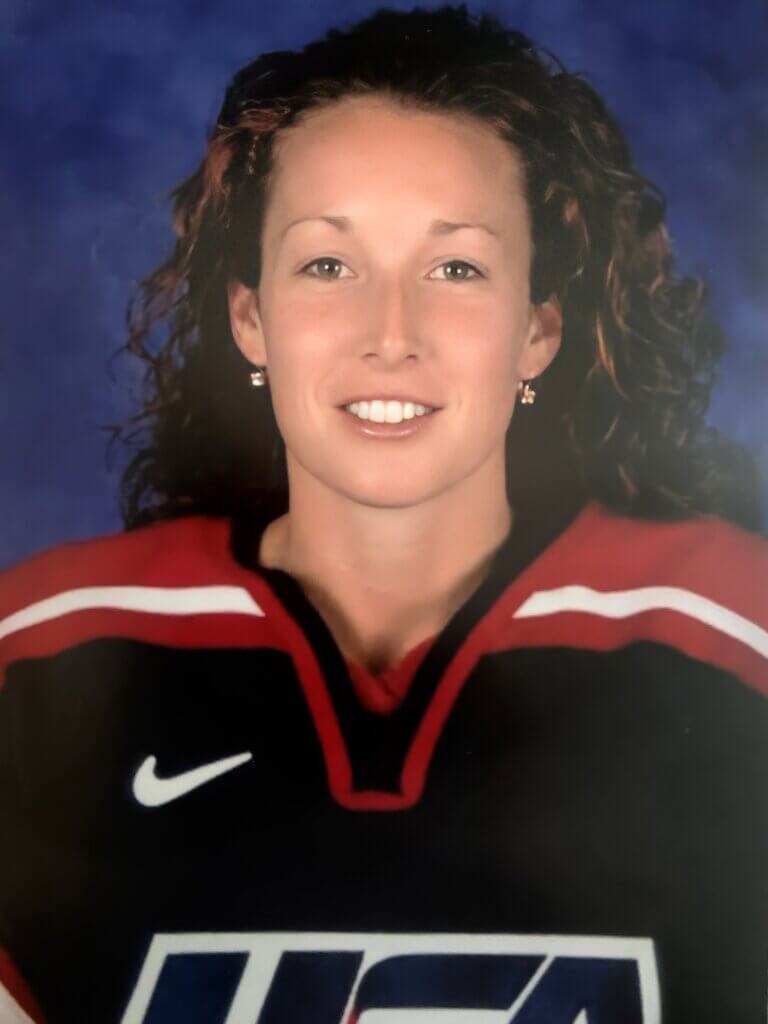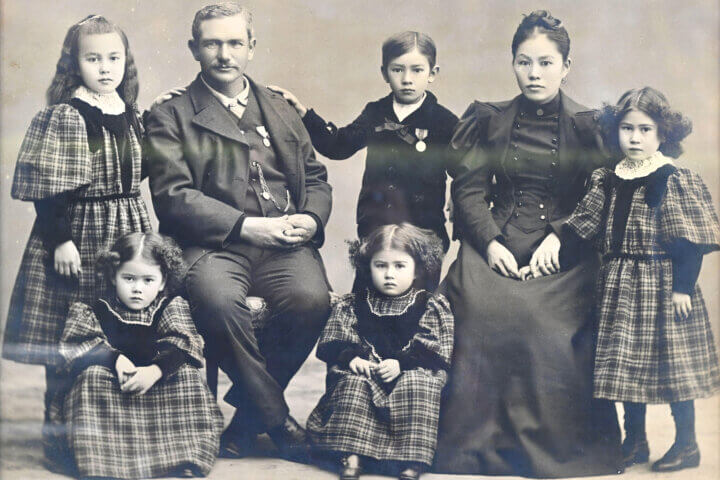By Ken Anderson — Columnist
As an athlete and sports fan, I have long followed the Olympics in their quadrennial — now biennial — occurrence.

My first memory of the games dates back to reading Sports Illustrated as a kid on the third floor of the two-family house at 14 (now 52) Hubbard Street where we lived.
Most memorable: Reading about UCLA teammates Rafer Johnson (United States) and C. K. Yang (Taiwan) training together for the 1960 Olympic decathlon in Rome. (Johnson won.)
That year, Don Bragg won the pole vault. My recollection is he was one of the last to rely on muscle strength to cross the bar.
The record height dramatically increased with the advent of the fiberglass pole, which relied on coordination and timing, not brute power, to fling the vaulter over the bar.
As we were wont to say in college, “It’s all physics!”
A question I have pondered in the decades since: “Why should your kid play more than one sport a season?”
Some have suggested that keeping their kid on the Olympic track is important. Others feel their child is a prodigy.
Yet others say watching their child play soccer in baseball season when he is 8 gives them a chance to get together with friends, sip coffee, and yell out instructions. Amazing that a child can identify voices from a panoply, sort out the proffered advice, translate it into body action, and continue playing.
Olympians I’ve known
I know two Olympians who live in Concord: Laurie Baker and AJ Mleczko. The latter’s father, Tom, was in my fraternity house at college. Laurie competed against and with my children as a young athlete.
AJ confirmed her hockey career began similarly to her brother’s. According to an article in The New Yorker (actually about her brother, who followed their father into the saltwater fishing business), Tom got his son “interested” in hockey by putting skates on him when he was four and leaving him in the middle of the rink.
That approach struck me as very clever and as something I am happy I didn’t do. As a woman I met on a plane taking her 14-year-old son from Cleveland to Boston to play in a tournament in Tewksbury on a team with kids from Indiana and New York told me, “Be happy you missed hockey!”
Remembering that Bobby Orr was signed when he was 12 and that pre-teenage basketball players are ranked nationally, I assumed I was two seats away from a prodigy. I asked him how he got on the team.
“I know the coach!”

Photo courtesy of Team USA Hockey
Olympic Q&A
I posed the following questions to the Baker family:
Q: Did you ever take Laurie to an athletic event against her will?
A: No. Laurie was first introduced to sports by watching her older brother, and then just played and practiced outside and in the town youth programs.
Q: What sports did she play?
A: Soccer, hockey, baseball, and then softball.
Q: When did you know she was exceptional?
A: She excelled at sports at a young age; it wasn’t until high school that it made sense to take hockey to the next level.
Q: What advice do you have for parents in this pay-to-play environment?
A: Let your kids have the dreams of reaching the highest level, relax, and just enjoy watching them play. Most importantly, make sure they’re having fun — especially at the younger ages.
Laurie Baker was an exceptional athlete, as evidenced by her team’s gold medal. The high school baseball coach is on record saying he would let Laurie try out for the boys team. And when a good friend, Terry Taylor (CCHS Athletic Hall of Fame), was in town, we had occasion to watch the high school softball team. Terry still mentions how impressed he was by Laurie’s skills on the softball field.
A time for… fun?
It seems to me that high-level athletes are a rare commodity. Most athletes should heed the words of Ecclesiastes: “For everything its season, and for every activity under heaven its time…” Kids should play youth sports in their season. That way, kids can focus on the skills necessary to play that specific sport.
Olympic and college athletes like Laurie develop their skills from a background of multiple sports which they enjoy. Playing sports is fun; it should not be work. As kids mature (some do change after puberty!), their interests will begin to focus.
Let’s make sure that they focus on what they, and not we, love.
You never know if that child or grandchild kicking a soccer ball, fielding a pitch, or slamming a puck into the net will turn out to be an Olympian. For now, let the kids have fun while developing their skills.
And cheer them on!






